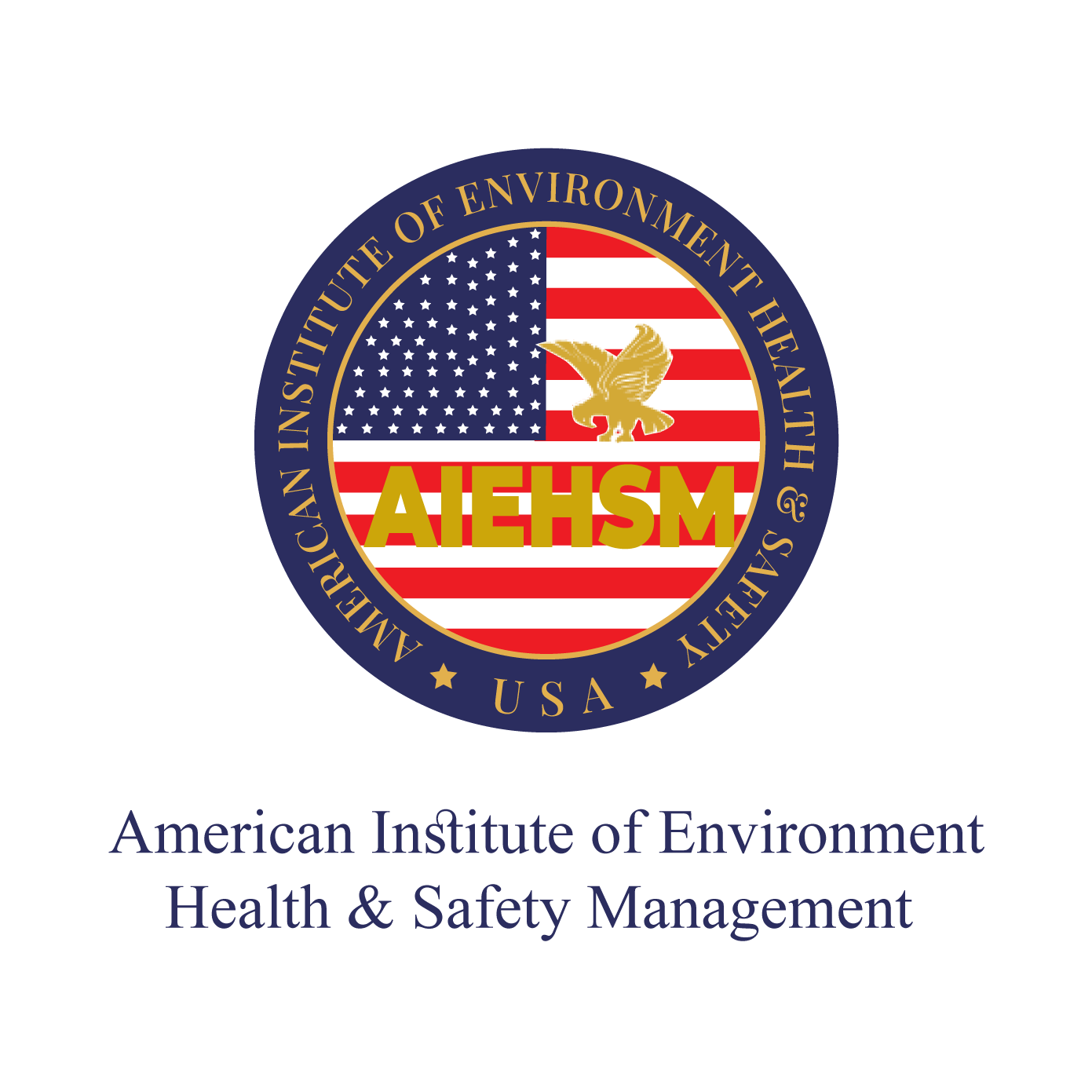
The American Institute of Environment, Health & Safety (AIEHS) is a leading institution dedicated to developing executive leadership in the global environment, health, and safety sectors. As a respected affiliate of the American Institute of Business and Management (AIBM), AIEHS upholds AIBM’s legacy of academic excellence and global recognition while focusing exclusively on the critical fields of environmental protection, occupational health, and safety management. In a world increasingly shaped by sustainability challenges, stringent regulations, and growing public awareness, AIEHS provides specialized, globally recognized certifications designed to equip professionals with the strategic insights and leadership skills required to address these complex issues.
AIEHS offers a comprehensive range of certification programs designed to meet the practical challenges faced by today’s environmental, health, and safety leaders. Whether managing workplace safety programs, ensuring regulatory compliance, promoting sustainability initiatives, or driving innovations in environmental protection, AIEHS’s programs are designed to elevate leadership across industries including manufacturing, construction, healthcare, energy, and government. Through hands-on case studies, real-world simulations, and mentorship from industry veterans, participants gain in-depth knowledge of global standards such as ISO 14001, OSHA regulations, and emerging trends in environmental sustainability and workplace health.
As an affiliate of AIBM, AIEHS benefits from access to a vast global academic network, cross-disciplinary insights, and international forums that foster thought leadership and innovation in the environment, health, and safety sectors. This affiliation strengthens the credibility of AIEHS’s certifications, ensuring they align with the highest global standards and industry best practices. The institute’s flexible, modular learning approach allows professionals to advance their careers while balancing their work demands, ensuring that learning is both accessible and transformative.
AIEHS stands for ethical, sustainable, and impact-driven leadership in environmental, health, and safety management. Its commitment to fostering innovation, compliance, and responsible environmental practices is embedded in every program it offers. More than just a certifying body, AIEHS is a catalyst for positive change—empowering professionals in the environment, health, and safety sectors to lead with vision, integrity, and purpose in an increasingly complex and challenging global environment.
In the 21st century, the discipline of Environment, Health, and Safety (EHS) Management takes center stage as a critical component of responsible corporate governance, sustainability, and public well-being. EHS Management is tasked with safeguarding our environment, ensuring the health of individuals and communities, and promoting safety in workplaces. As we embark on this discussion, we will explore the current and future job prospects within EHS Management, underpinned by compelling statistics that underscore the growing demand for expertise in these domains, as well as the significance of certifications in advancing careers and fostering a safer and healthier world.
EHS Management offers a wide range of job opportunities, and the current job market in this field is both diverse and robust. Professionals in EHS Management work to mitigate risks, develop safety protocols, and ensure environmental compliance across industries. Some prominent current job roles include:
The future of EHS Management is marked by expansion and innovation, driven by emerging trends and technologies. Anticipated future roles may include:
Certifications in EHS Management hold immense value for several reasons:
In summary, EHS Management is a vital field with a wide array of current and future job opportunities. Certifications are instrumental for professionals seeking to excel in this dynamic industry, providing them with the expertise and recognition needed to ensure safety, sustainability, and well-being for all.